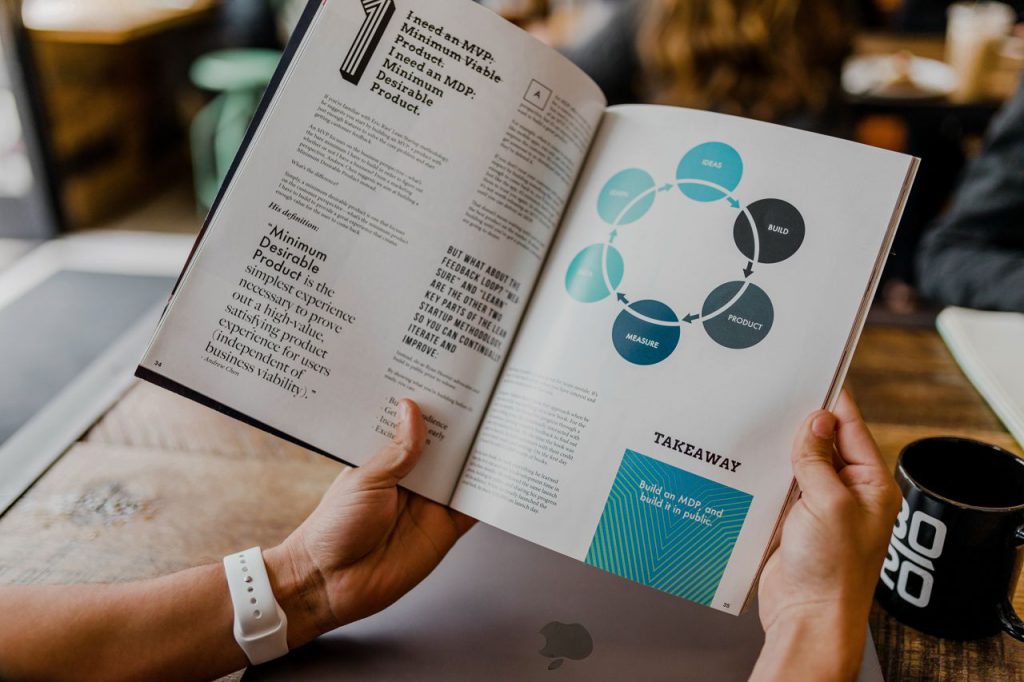Services
Be proactive. Be impactful.
Research & Strategy
- Improve ESG reporting related to product safety and sustainability.
- Navigate third-party certifications and other partnerships to improve product transparency and consumer credibility.
- Implement safer chemical approaches that compliment other sustainability initiatives like circularity and social justice.
- Organize and manage chemical inventories with data systems and CRMs.

Client Story:
Apple & A4
Empowering the Electronics Industry: A Roadmap to PFAS Alternatives
Client:
Apple, a recognized leader in green chemistry and the first major electronics manufacturer to commit to phasing out PFAS, partnered with the Association for the Advancement of Alternatives Assessment (A4). Apple teamed up with A4, to develop a crucial resource for the broader electronics industry, which currently heavily relies on PFAS.
Challenge:
PFAS use is embedded throughout the electronics supply chain, which poses a complex substitution process. The concern was that the industry was not acting fast enough to address its PFAS footprint, leaving it open to potential liabilities in a rapidly evolving regulatory environment. Hasty responses may lead to uninformed decisions and increase the likelihood of regrettable substitution.
Approach:
Safer Chemistry Advisory was hired to help develop a targeted perspective paper (around 15 pages). Our involvement spanned the entire project lifecycle, from initial report scoping to final publication. The goal was to produce an accessible guide promoting chemical alternatives assessment as a structured approach for identifying safer PFAS substitutes within the electronics sector. Consultations with key outreach organizations provided valuable insights into existing industry hurdles.
Outcome:
In August 2023, Safer Chemistry Advisory co-authored the report, “Using Alternatives Assessment to Support Informed Substitution of PFAS in the Electronics Industry,” which was released on the A4 website. This freely available resource represents a key milestone in A4’s strategy to build influential collaborations and provide essential, practical guidance to product manufacturers, specifically addressing the critical need for PFAS alternatives in the electronics sector.
[Note: the A4 is now known as the Advancement and Application of Alternatives Assessment (A4) Interest Group under the Society of Environmental Toxicology and Chemistry (SETAC).]
Learn how I can guide your industry towards safer chemical alternatives with a 30-min consultation!

Training
- Train staff on incorporating green chemistry concepts into your sustainability strategies.
- Communicate your science-based solutions to stakeholders effectively and accurately.
Client Story:
Lululemon
Strengthening Lululemon's Chemical Safety: Aligning RSL for Efficiency and Impact
Client:
Lululemon, a leading global sportswear manufacturer, maintains a comprehensive Restricted Substances List (RSL) to safeguard its workers, customers, and the environment across its supplier network. Lululemon’s commitment to responsible chemical management is evident in its RSL, which goes beyond global regulatory standards to include high-concern substances relevant to the textile and apparel supply chain.
Challenge:
Recognizing the evolving landscape of chemical safety and sustainability, Lululemon sought to compare its RSL against stringent third-party eco-labels to identify opportunities to further strengthen its green chemistry policies and optimize supplier testing requirements. Lululemon partnered with Safer Chemistry Advisory to gain deeper insights and identify synergies.
Approach:
Safer Chemistry Advisory conducted a hybrid data analysis. This involved automated comparisons based on CAS RN to pinpoint overlaps and discrepancies between Lululemon’s RSL and the selected eco-labels. Subsequently, analytical testing thresholds were meticulously compared for shared substances to determine the most protective standards. The analysis culminated in a summary of findings and actionable recommendations for Lululemon.
Outcomes:
The engagement provided Lululemon with valuable insights to further enhance its already robust RSL and advance its internal sustainability objectives. This comparative analysis empowered Lululemon to refine supplier protocols regarding analytical testing for those holding recognized chemical safety certifications, ultimately reducing supplier burden while maintaining the highest standards of customer safety and minimizing environmental impact.
Assessments
- Update your systems to better prioritize emerging chemicals of concern and stay ahead of regulations.
- Eliminate toxic substances by substituting high priority substances, like PFAS, with alternatives that are safer, functional, and cost effective.
- Update your toxicological and chemical assessment methodologies to exceed current standards and best practices.


Client Story:
University of Washington
Optimizing UW's Green Chemistry Program: Collaborative Material Development for Academic Excellence and Practical Skill Building
Client:
University of Washington – Green Chemistry & Chemical Stewardship Certificate Program
Challenge:
The University of Washington’s highly-regarded Green Chemistry & Chemical Stewardship Certificate program, designed for professionals and graduate students, faced a critical challenge: keeping its multi-course curriculum current in the rapidly evolving field of green chemistry. This required instructors not only to update course material and implement it effectively but also to provide essential feedback on student assignments and inquiries.
The University of Washington partnered with Safer Chemistry Advisory, bringing in Founder & Principal Cathy Rudisill to lead the final course: “Assessment Tools for Safer Chemical Decisions.”
Outcomes:
Since 2023, Cathy Rudisill has been instrumental in ensuring the course’s continued excellence. She has overseen comprehensive updates and implementation of the “Assessment Tools for Safer Chemical Decisions” course. Her contributions include:
- Curriculum Modernization: Integrating up-to-date practical examples and key resources, ensuring the course content remains at the forefront of green chemistry advancements.
- Enhanced Learning Experience: Providing students with relevant, real-world applications that deepen their understanding and ability to apply safer chemical alternatives.
- Program Excellence: Reinforcing the University of Washington’s commitment to delivering a cutting-edge and highly valuable certificate program to its students.
By collaborating with Safer Chemistry Advisory, the University of Washington has successfully maintained the rigor and relevance of its green chemistry program, empowering its students with the most current knowledge and practical skills needed for a sustainable future.
